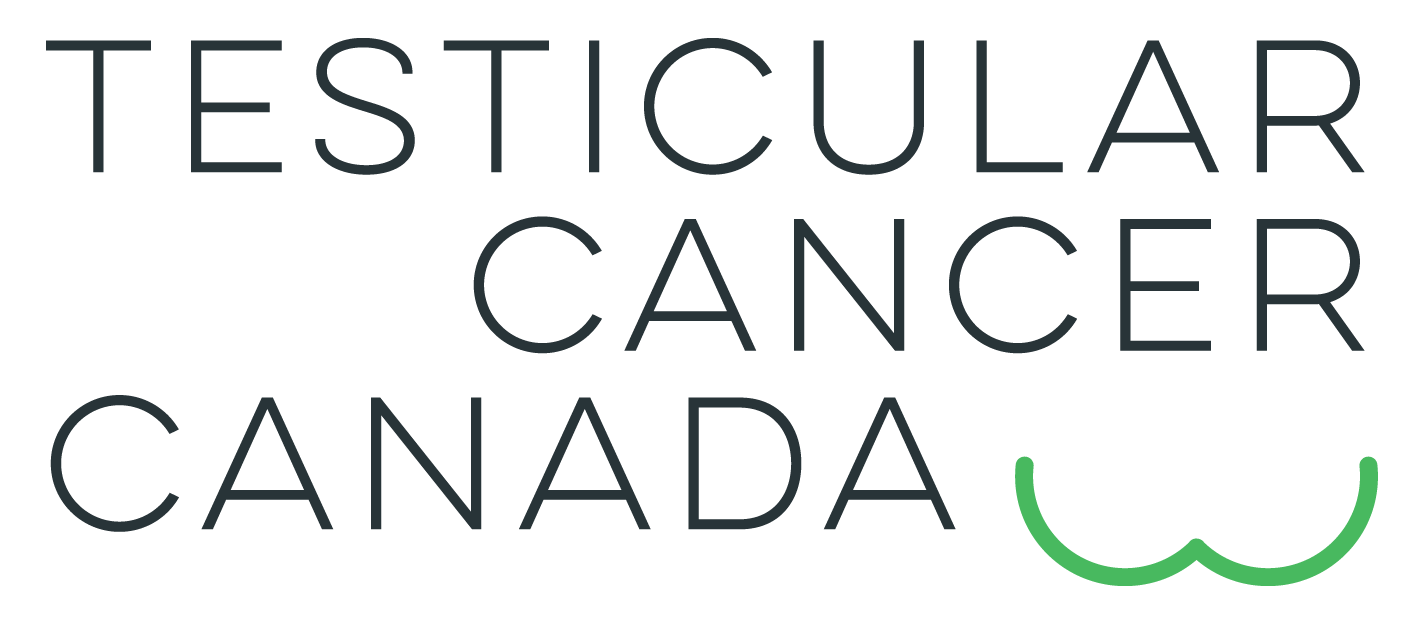What are the risk factors for testicular?
Let’s face this together. As a parent, I’ve read about what causes testicular cancer on the web and suddenly, red lighting bulbs started flashing in my head. One of my sons is tall. He was 6 feet tall at the age of 14. Today, meaning nine years later, he is close to 6 feet, 6 inches. And just to drive his mom crazy, aka me, he smokes too often as far as I am concerned. I WARNED him about testicular cancer risks and the harm of cannabis, as I did for my two other sons. He was respectful enough to say I hear you mom; I already know; Please don’t worry. Good grief! Did that make me feel better? Is my son at risk of developing testicular cancer?
Medically reviewed by Urologic Oncologist Dr. Robert J. Hamilton on 02/16/2022
First of all, let’s understand that testicular cancer is a rare type of cancer. For instance, the ratio of men receiving a diagnosis of prostate cancer every year in Canada versus that of testicular cancer is 23,000 versus 1,500. But what you need to know is that testicular cancer is a young man’s disease.
Secondly, if you are a parent, a teen, a young adult or an adult and you have not heard about testicular cancer from school, community, a closed one, a pediatrician or a doctor, you may not be familiar with any risk factors.
So what are the most common factors?
Unlike many other cancers, the risk factors for testicular cancer are less well known. However, the following factors can raise a person’s risk of developing testicular cancer.
Your age
Testicular cancer is the most common cancer in men aged 15 to 45, with most of them being diagnosed in men between the ages of 20 and 35. While the disease is rare before puberty or after age 50, it does sometimes occur at those ages.
Having an undescended testicle (cryptorchidism)
If you had an undescended testicle as a child, you have a higher risk for testicular cancer than men with normally descended testicles. Both testicles form in the belly during fetal development and typically descend into the scrotum before birth. Cryptorchidism is when one or both testicles fail to move down into the scrotum. If this occurs, it is recommended that a surgeon operate to fix the condition ideally before puberty, but the earlier the better.
This procedure, called orchiopexy, is recommended by experts for a number of reasons (such as preserving fertility and body image), but also it’s been shown to reduce the risk of testicular cancer, particularly if it’s been done before puberty. Because cryptorchidism is often fixed at a young age, many people may not know if they had the condition.
Having a family history of testicular cancer
If your parent or sibling had testicular cancer, you have a higher risk of developing it. Researchers are trying to find which genes may play a role in a family history of testicular cancer. But only a small number of testicular cancers occur in families. Most men with testicular cancer do not have a family history of the disease.
Having a personal history of testicular cancer
If you had cancer in one testicle, you have a higher risk of developing cancer in the other testicle.
Being a white man
Testicular cancer is more common in white men than in black men (including men of African or Caribbean ancestry) or men of Asian ancestry, followed by Hispanic men. Why? It’s not quite clear yet.
Having human immunodeficiency virus (HIV)
People with HIV or acquired immune deficiency syndrome (AIDS) caused by HIV have a slightly higher risk of developing this disease.
Possible risks
The following have been linked with testicular cancer, but there is not enough evidence to know for sure that they are risks. More research is needed.
tall adult height
calcium deposits in the testicles (called testicular microlithiasis)
working as a firefighter
fertility problems
smoking cannabis
coming into contact with certain pesticides
being exposed before you were born to a form of estrogen called diethylstilboestrol (DES)
later puberty
No link to testicular cancer
Significant evidence shows no link between testicular cancer and vasectomy, injury to the testicles or diet.
Is testicular cancer preventable?
Many men with testicular cancer have no known risk factors. And some of the known risk factors, such as undescended testicles, ethnic origins, and a family history of the disease, can’t be changed. For these reasons, it's not possible to prevent most cases of this disease at this time.
Take the necessary time to visit each of our pages on this website to familiarize yourself with the disease. Do you have questions or concerns? Above all, do not hesitate. Contact us via Messenger on our Facebook page. It’s simple, free and confidential.
Video to review
Get To Know Your Balls
Let’s Talk Balls
Pages of our site that might interest you
Want to know more? Just click on the link below.
Treatment
TCC news that may interest you
Each month, we publish a blog article. Here are a few for you.
Do Aphrodisiac diets exist?
Men’s health: Common mistakes men make
I choose ME for all of you
Testicular cancer: 6 tips to improve sleep
Sources and references
https://www.cancer.org/cancer/testicular-cancer/causes-risks-prevention/risk-factors.html
https://cancer.ca/en/cancer-information/cancer-types/testicular/risks
https://www.cancer.net/cancer-types/testicular-cancer/risk-factors
Written by Testicular Cancer Canada. © All rights reserved - 2023
